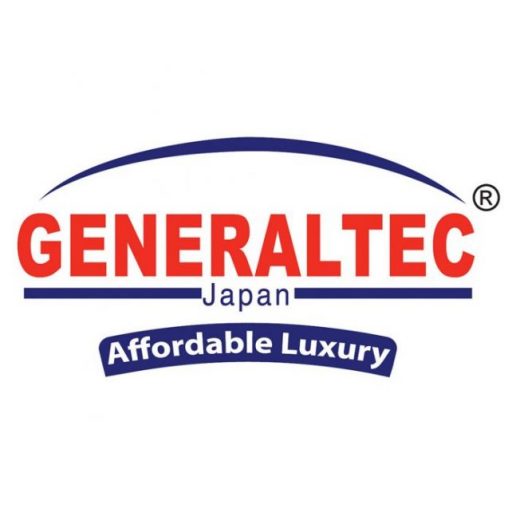Welcome to our guide on maintaining the best possible condition for your built-in oven! An essential component of every kitchen is the oven, and with proper maintenance, you can make sure it stays effective, secure, and beautiful for many years to come. Now let’s explore some professional advice on oven upkeep.
Regular Cleaning for Optimal Performance
Regular cleaning is one of the most important parts of oven maintenance. Spend a few minutes cleaning the inside of the oven with a non-abrasive cleanser or a solution of water and baking soda after every use. By doing this, you can lessen the accumulation of grease and food residue that could impair the oven’s functionality.
Don’t Forget the Door and Seals
Seals and the oven door also require maintenance. To get rid of spills and dirt, clean the door on a regular basis with a vinegar solution or mild detergent. A tight seal on the door is necessary for effective operation, therefore pay close attention to it. If you see any indications of wear or damage, replace the seal.
Maintain Clean Racks and Filters
To remove baked-on residue, remove the oven racks and soak them in warm, soapy water. Before putting them back in the oven, give them a thorough cleaning with a sponge or brush, followed by rinsing and drying. For ideal airflow, inspect and change any filters that may be present in your oven a charcoal filter, for example, should be present in a convection oven.
Exterior Surfaces and Ventilation
Wipe down the exterior surfaces of the oven, including knobs, control panels, and handles, with a damp cloth and mild detergent. Avoid getting water or cleaning solutions inside the control panels or vents. Additionally, ensure that the oven’s ventilation system is clear of obstructions and clean the vent hood or filters regularly.
Use Oven Liners for Easy Cleanup
Consider using oven liners to catch spills and drips, making cleanup easier and protecting the oven’s bottom from stubborn stains. This simple addition can save you time and effort in maintaining your oven’s cleanliness.
Avoid Overusing Self-Cleaning Cycles
While self cleaning features can be convenient, they can also put extra strain on the oven’s components. Use self cleaning cycles sparingly and follow the manufacturer’s instructions to avoid damage. Opt for manual cleaning methods whenever possible.
Schedule Professional Maintenance
Lastly, remember to arrange for expert maintenance as required. Speak with a trained expert if your oven seems to be having any problems or if it needs to be checked out. They can make sure your oven is running securely and effectively by spotting possible issues early on.
Last Note
Your built in oven can be kept in excellent condition by implementing routine maintenance and according to these guidelines. This will not only help it last longer, but it will also guarantee that cooking will always be pleasurable and hassle-free.











